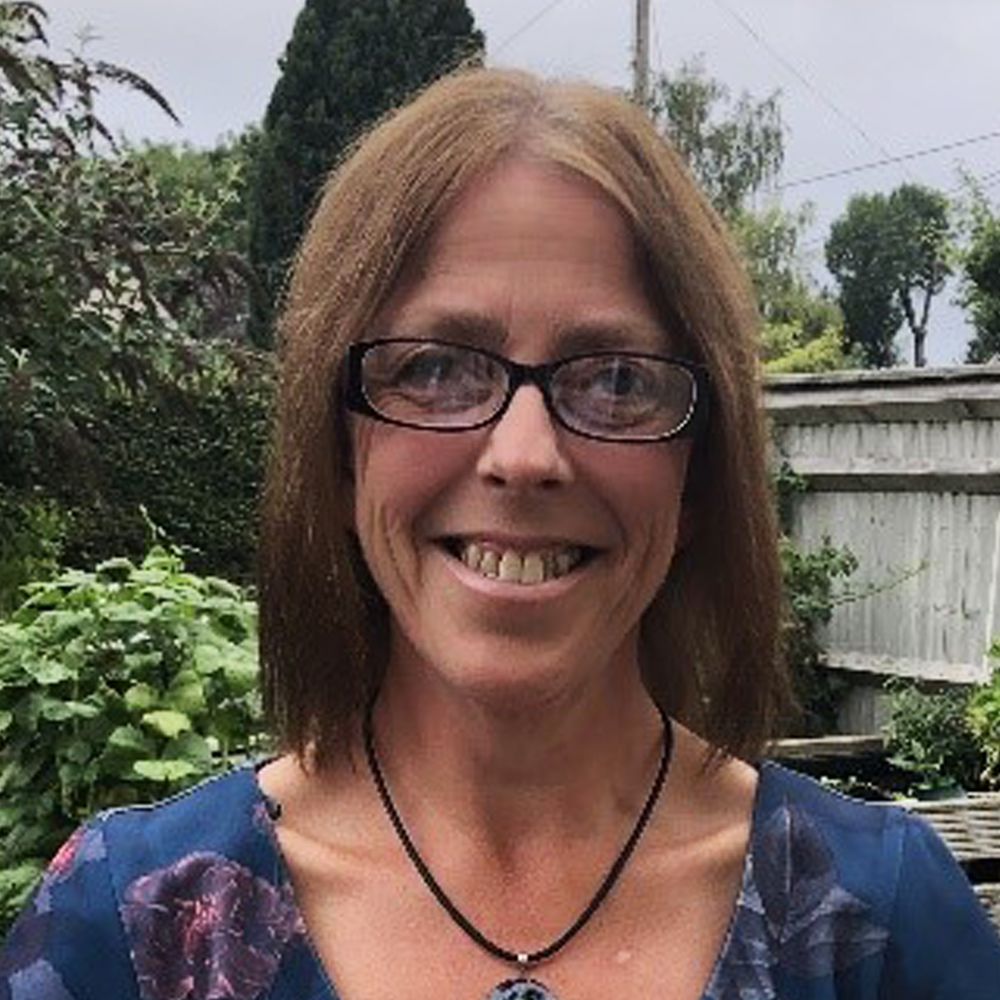
Positive Behavioural Support
Meet Elaine, FitzRoy’s Positive Behavioural Support Lead.
I lead a team of three Positive Behavioural Support (PBS) practitioners who work across FitzRoy. We carry out in-depth assessments, and provide training, guidance, and interventions to improve the quality of life of the people we support. We equip support teams with the tools to enable people to connect with their communities, learn new skills, achieve their goals, and develop trusting relationships.
Person-centred care has always been at the heart of who FitzRoy is and how we work. Positive behavioural support is an extension of that ethos. We want to bring joy, independence, and the best quality of life to the people we support so that each person can fulfil their potential.
Distress can act as a barrier to a fulfilled life
I was recently contacted by one of our care homes, who have been supporting Mia* for a few weeks. The staff could see that Mia was increasingly distressed and this was showing in her behaviour and her ability to participate in day to day activities.
My first step is to find out everything I can about Mia. When I meet her family, they are upset and worried she will end up in a secure unit. I talk through what Mia was like as a baby, what they know and understand about her various diagnoses. I learn about a happy child, who grew into a curious young woman who is struggling with life as an independent adult, with more choice and less routine. I also read any case notes I can get my hands on.
The more I know and understand Mia, the better I can assess her triggers, and work out a support plan that meets her needs.
Mia does not communicate with language, so I watch her reactions to the day-to-day activities around her, I get to know her as much as I can. The team at the care home are committed to supporting Mia and helping her settle in her new home. You might think someone coming in from an outside team might be an issue, but it never is – they want to do the best for the people we support, and they see the difference that simple changes and strategies can make. Our bespoke training gives support staff the skills and confidence to put strategies in place that empower the people we support with greater choice and independence.
Mia finds change distressing, so we establish routines to provide predictability. This has a profound impact on Mia and means she can do more for herself and participate more in activities that she enjoys.
The team have embraced new ways of working with Mia, and are working closely with me, her family and other local agencies to ensure she has a much better quality of life and she is thriving.
Empowering People
PBS respects people as individuals. We aim to understand their actions and implement proactive and positive strategies. A PBS approach means we can support people to develop coping strategies, such as breathing exercises or quiet time and personalised communication methods, like assistive technology or using Makaton signs or symbols.
Developing people’s skills in this way helps them avoid reaching crisis point, so they feel happier and more relaxed and more able to connect with their communities, learn and enjoy relationships. PBS has a profound and long-term impact on their quality of life.
Elaine, FitzRoy’s Positive Behavioural Support Lead
